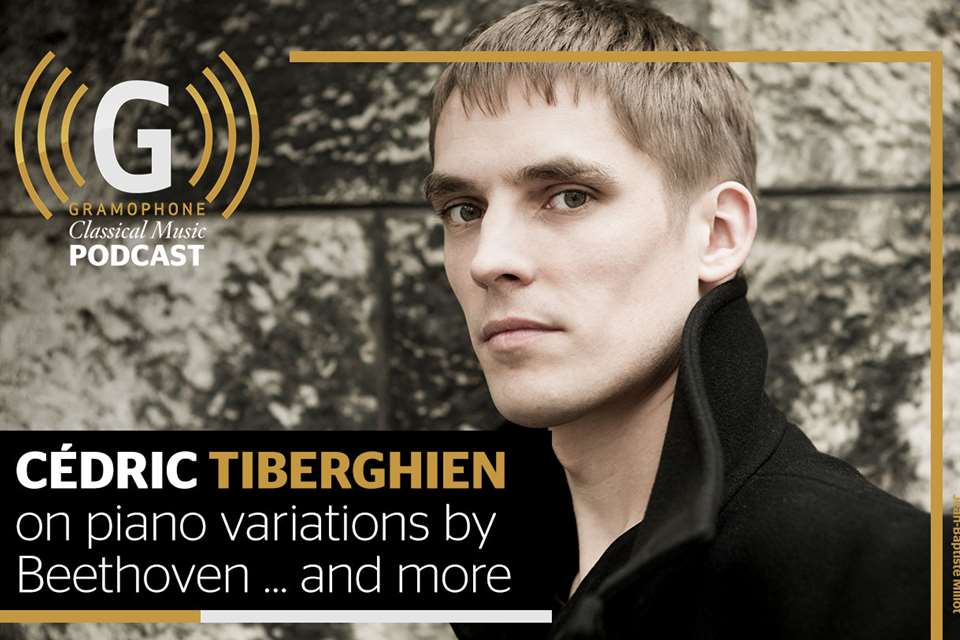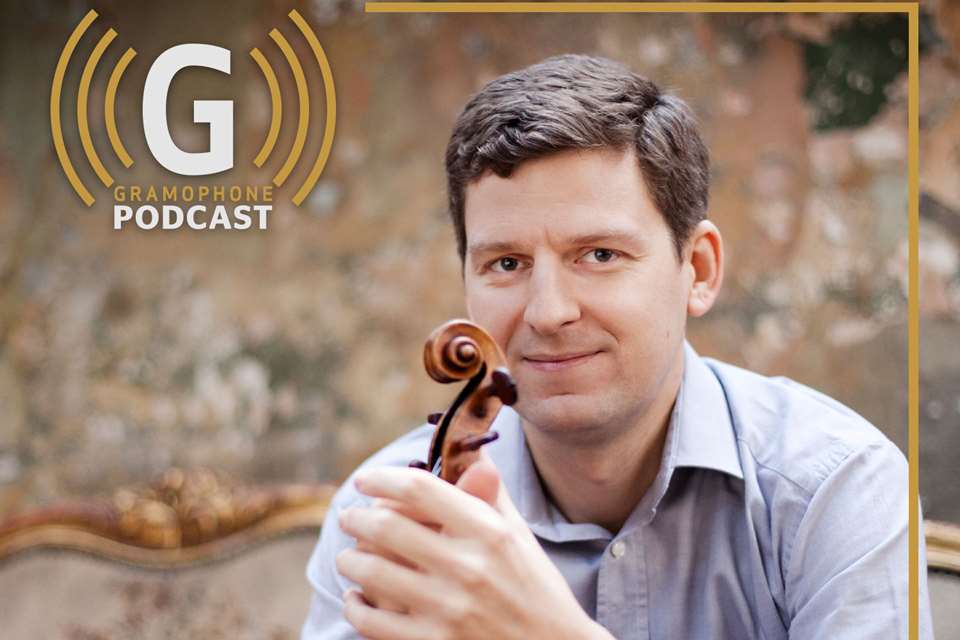Pianist Cordelia Williams on the beguiling nature of musical miniatures
Cordelia Williams
Friday, September 15, 2023
Rather than a coherent ‘whole’, this music gives us micro-glimpses into countless worlds – inner worlds, literal worlds, dissolving worlds, worlds of imagination

Register now to continue reading
Thanks for exploring the Gramophone website. Sign up for a free account today to enjoy the following benefits:
- Free access to 3 subscriber-only articles per month
- Unlimited access to our news, podcasts and awards pages
- Free weekly email newsletter












